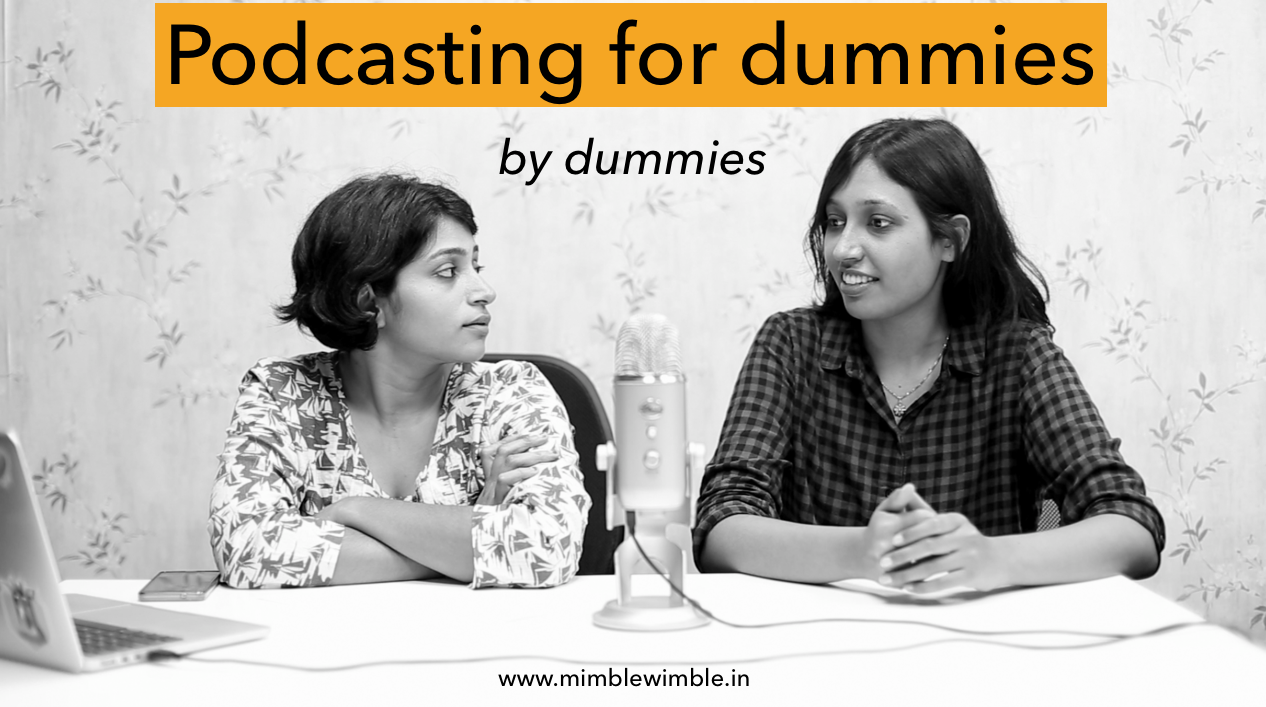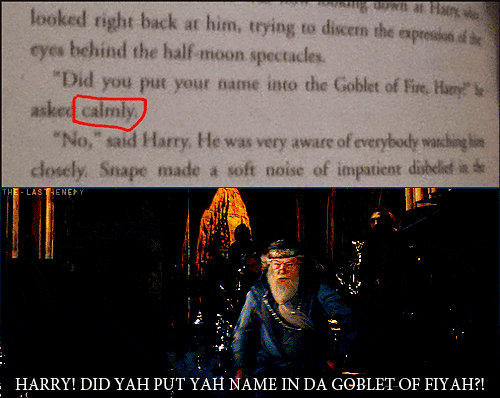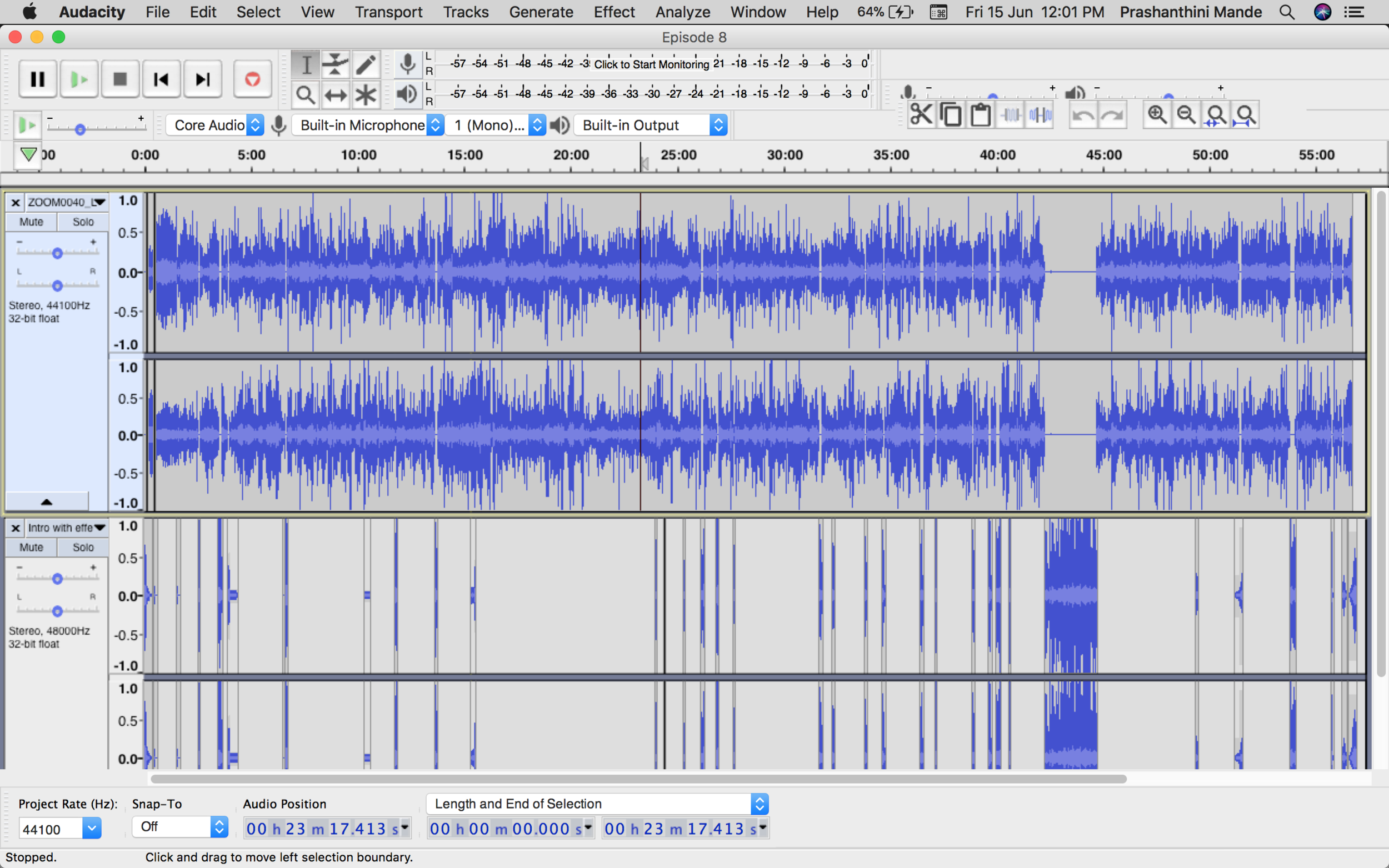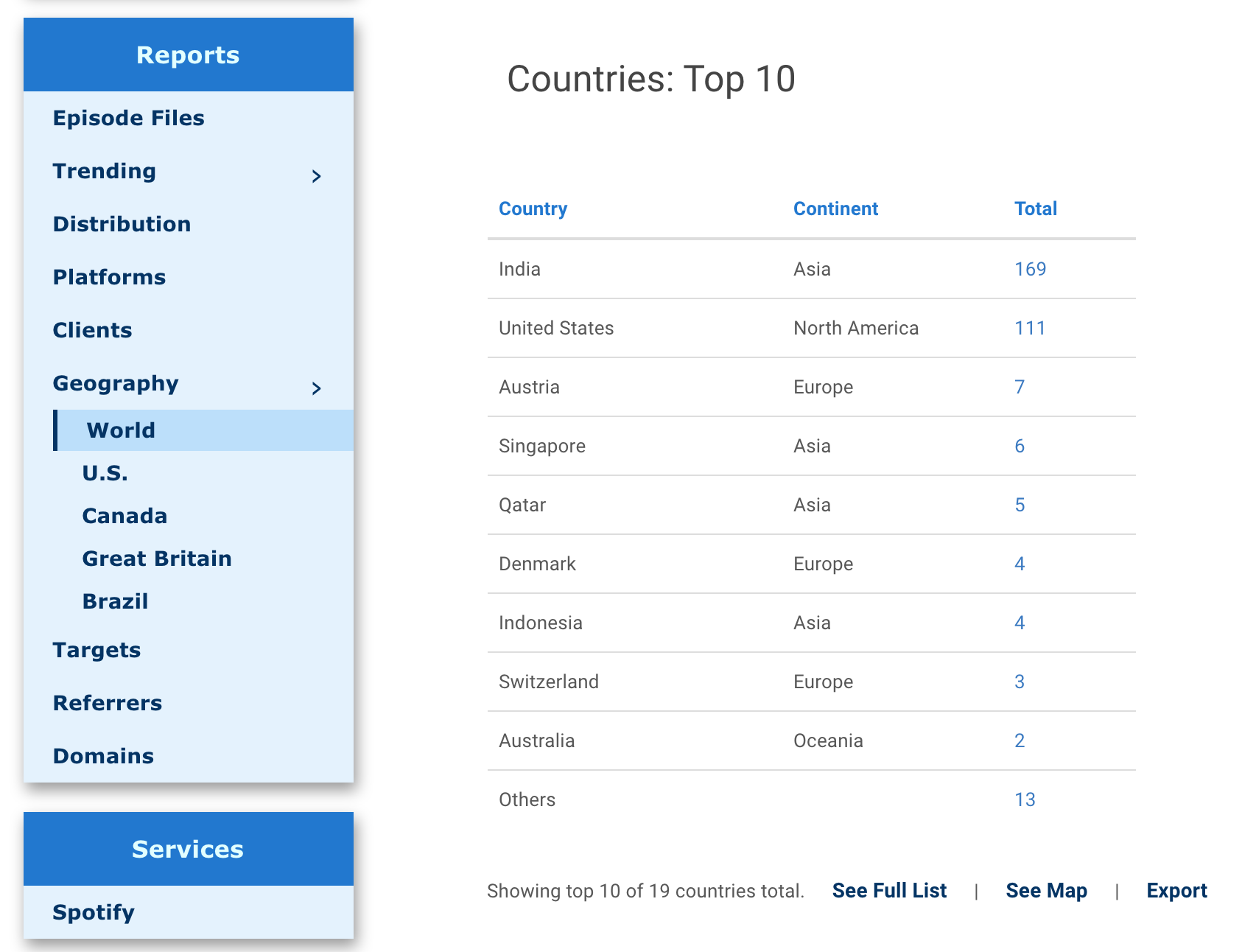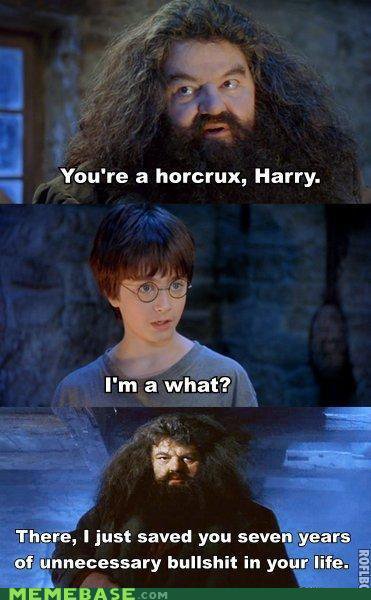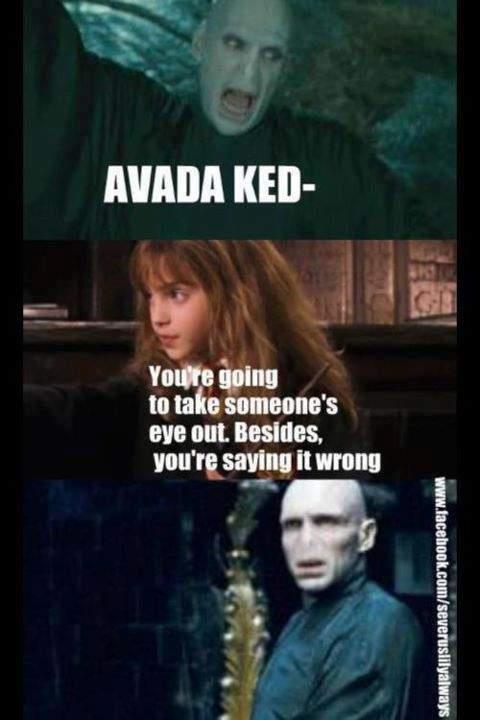Aishwarya: Hello and welcome to a blog post on the Mimblewimble: the Harry Potter podcast’s website. This is Aishwarya.
Prashanthini: and Prashanthini.
Aishwarya: It's Harry's 40th birthday! Should we do something to pay tribute?
Prashanthini: You mean apart from our whole podcast?
Aishwarya: 🤔 Good point.
So we are commemorating today by listing our favourite 10 Mimblewimble episodes. Some we love for the plot discussions, some for the milestones they represent, and others we like for our general goofiness.
S3E10: Hermione’s secret
Hermione and Harry use the Time Turner to go back in time and rescue Buckbeak and Sirius. Lupin resigns, Sirius gives Ron an owl and Harry permission to visit Hogsmeade. I love this episode because while I’ve always admired JKR’s writing style, I also admire the way she was able to easily work in something that is traditionally seen as the tech of the future into her magical world. It has its flaws but it does the job. - Aishwarya
S3E9. Hermione faces the dementors
This was one of the most emotional episodes we’d ever recorded. There are so many discussions I loved having with Aishwarya on this one: Snape’s guilt, Lupin’s backstory, Pettigrew being the worst kind of villain, and of course, the tragedy that is Sirius Black. We were put through the wringer just like Harry and came out of it alive only to meet the dementors. This episode is also special because it is our first video episode! - Prashanthini
S3E7. Hermione slaps Malfoy
The title says it all. Hermione is under so much pressure from the beginning of Prisoner of Azkaban due to her extra classes and her fights with Harry and Ron, all the while worrying about Sirius Black. For a few chapters there she goes back to being the friendless and alone Hermione from Philosopher’s Stone. She channels all that pressure into an epic slap. Malfoy totally deserved it because he’s such a pest in this book. - Prashanthini
S2E8: Ron follows the spiders
Harry and Ron visit Hagrid to confront him about his expulsion but end up watching him get arrested and sent to Azkaban. They follow his instructions and go to the forest where Ron has to face his worst fear: spiders. I love this episode because it really drove home to me how brave and loyal Ron is. Friendship and bravery are the most important things! - Aishwarya
S2E5. Ron finds out Harry’s secret
Aishwarya and I are big fans of Ron and he is so ‘on brand’ in this one. He is appropriately disgusted by Salazar’s Slytherin’s creation of the Chamber of Secrets, he is brave enough to stand up for Harry when the whole school starts thinking that he is the heir of Slytherin, but at the same time, he reveals that he is scared of spiders! - Prashanthini
S2E1: Ron rescues Harry
The Dursleys lock all of Harry’s stuff under the cupboard; Harry also gets locked into a room after a mishap involving cake. Lucky for him, Ron and his brothers come to the rescue and take him to the Burrow for the rest of the summer. I love this episode because we get to meet the Weasleys on their home turf! The Weasleys are my favorite wizarding family and the way they fold Harry into their home life always gets me a little teary. - Aishwarya
S1E8. Harry walks through the fire
We discuss so many AWESOME things in this episode. First, we meet the centaurs. Then we travel with the trio when they put Fluffy to sleep, escape the Devil's Snare, use brooms to catch charmed keys, play chess with inanimate chessmen, and solve a logic puzzle. The ending of Philosopher’s stone is so action-packed. And personally, I learned what ‘Coventry’ meant and that was pretty cool. - Prashanthini
S1E6: Harry meets Dumbledore
Harry receives a brilliant Christmas present but doesn’t know who sent it to him. When wandering the halls, he comes across a Mirror that shows him his heart’s desire. It’s easy to write off Philosopher’s Stone as a children’s book but these chapters show you the kind of depth and poignancy that JKR has always brought to the table. Harry and Dumbledore’s conversation before the mirror is a top 5 favorite Harry-Dumbledore conversation for me. - Aishwarya
S1E5: Harry gets a new friend
I love this episode because after 4 episodes of Harry, it’s finally Hermione time! It’s no secret that Hermione is my favorite Harry Potter character so obviously, the episode where she joins the trio is my favorite. - Aishwarya
S1E1. Harry finds his true identity
Of course, this makes the list! When you listen to this one after the episodes above, you’ll understand the true meaning of the word ‘improvement’. And I don’t mean this in our usual self-deprecating way either. Our bumbling, awkward, terrifying beginning to this whole endeavour was the start of something amazing. It teaches us every day that we can get better at anything if we keep at it. - Prashanthini
These are our most memorable ones. What is your favourite episode? Let us know in the comments!

